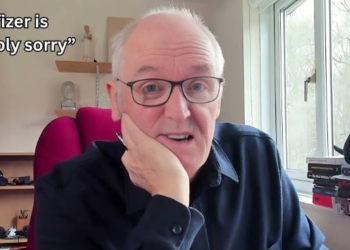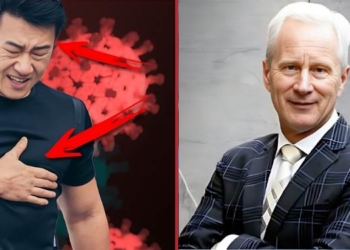
A medical marijuana card helps a patient with a recommendation from a qualified doctor to grow, possess, or distribute marijuana for personal use despite the lack of federal drug tests for safety and effectiveness. A medical cardholder is not allowed to manufacture, distribute, or sell any form of marijuana. The primary benefit of a medical card, or cardholder ID, is the presence of a medical card number. This number is used by the State to track transactions made in accordance with the laws regarding growing, possessing, and distributing marijuana.
Since Minnesota is the only state to have legalized marijuana for adult use, other states have enacted laws regarding its sales and distribution. Some states have legalized recreational marijuana but do not allow doctors to recommend its use. However, most states, including Minnesota, regulate the distribution of medical marijuana according to the calendar year in which it was legalized.
Common Reasons People Buy Marijuana:
According to a study by the American Medical Association, the three most common reasons that people buy marijuana are to relieve chronic pain, reduce stress, and help with anxiety and mood disorders. Two of these three reasons can actually be done while operating a vehicle, but cannot get you high enough to do so under the influence of marijuana. Thus, many people are getting caught up in the “haze” of being in a car during the hours when they are legally allowed to smoke.
Medical Marijuana Card:
To combat the problem of driving under the influence of marijuana, many states have taken up measures that require people to obtain an MMJ (or Medical Marijuana Card) or a valid license from their state government. In states like Michigan, where medical marijuana is legal almost twenty-four hours a day, anyone over the age of eighteen who has qualified for the program may obtain a Minnesota card. These cards provide proof that the person has a legitimate need for the drug and they are not “bought” by dealers, which is strictly illegal. In addition to the card, patients are required to undergo random drug screenings at designated places.
Besides a valid medical card, those seeking a card also need to take a drug court program. Under this program, they agree to abide by certain guidelines on their consumption of the drug. If they are caught buying or using marijuana, they face criminal charges. If they are convicted of a felony, they lose their license to buy or possess. While the medical marijuana card can help prevent arrest, it does nothing to mitigate the criminal record and may not get them a job, either.
States that have legalized medical marijuana have found that many doctors do not want to prescribe it due to its association with illicit drugs. There are also mixed feelings among parents, police, and even the local prosecutor's office, who are finding it difficult to prove that it is dangerous when used by adults. Those seeking a card would be wise to research the laws in their jurisdiction before trying it.
Apply for Enrollment:
The only way to get access to other types of marijuana medical cards is to apply for enrollment through the state health department. All applicants must first get a recommendation from their primary physician, who can give them access to a complete list of approved providers. Applicants must then submit fingerprints and submit other information to get access to the application database. Once there, they must wait to get approved before they can purchase any product. Approval takes about a week and there are about fifty medical marijuana products on the market at any given time.
In addition to getting a card from your primary care physician, you may also want to try going straight to a grow shop in your neighboring state. While growing marijuana in another state may not be as closely monitored by local law enforcement, they are probably not as strict about whether or not to grant a card. The card alone is no proof that the person actually has a legitimate use for the drug, just that they were caught doing it and committed to doing so for one reason or another. It is still considered a crime, even if done in another state.















